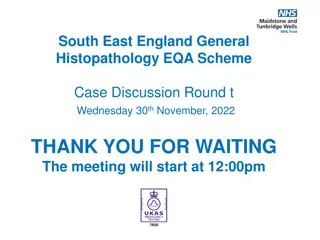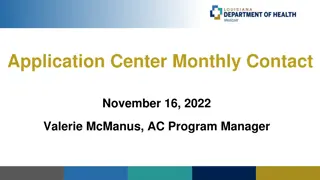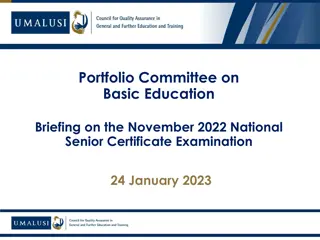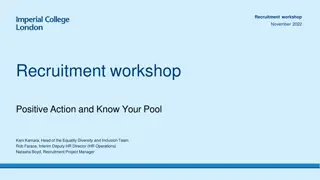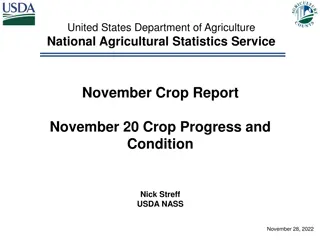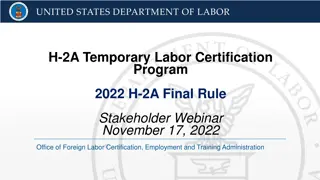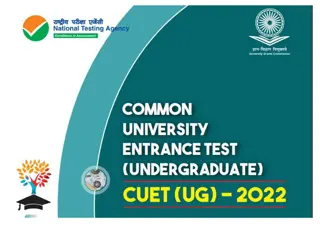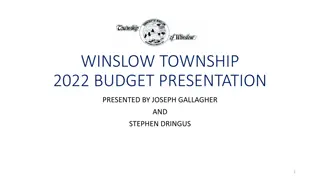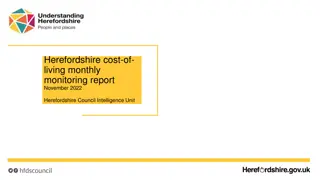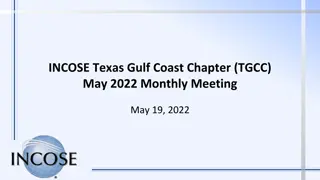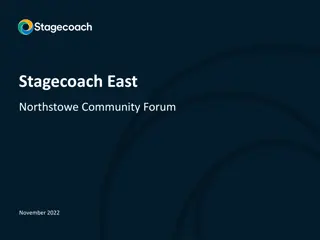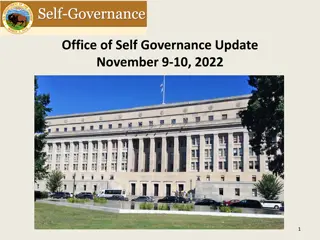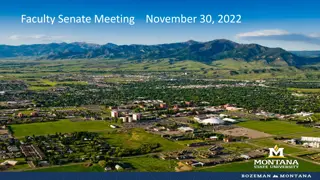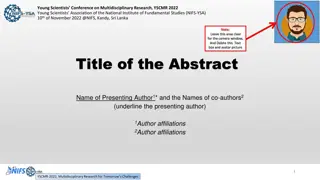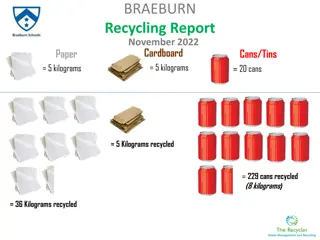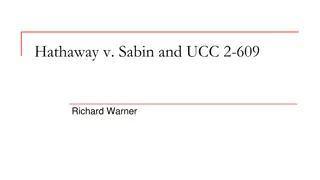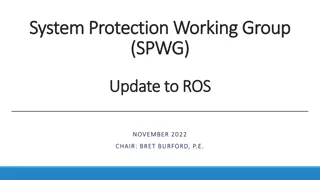
Neurorehabilitation Challenges During Lockdown
Explore the impacts of lockdown on neurorehabilitation for patients with aphasia and cognitive dysfunction. Discover how restrictions affect communication, mental health, and advocacy. Address the need for adaptive strategies and proactive health services to support patients' unique needs.
Download Presentation

Please find below an Image/Link to download the presentation.
The content on the website is provided AS IS for your information and personal use only. It may not be sold, licensed, or shared on other websites without obtaining consent from the author. If you encounter any issues during the download, it is possible that the publisher has removed the file from their server.
You are allowed to download the files provided on this website for personal or commercial use, subject to the condition that they are used lawfully. All files are the property of their respective owners.
The content on the website is provided AS IS for your information and personal use only. It may not be sold, licensed, or shared on other websites without obtaining consent from the author.
E N D
Presentation Transcript
Neurorehab in lockdown - Aphasia, cognition and what can happen when visiting is suspended Vicky Mayer and Fay Morrice Dept. SLT, Astley Ainslie and Royal Edinburgh Hospitals
Four patients Each had receptive and expressive aphasia Each had marked cognitive dysfunction Each found themselves in neurorehabilitation during lockdown when visiting was suspended
Making sense of the pandemic Face masks Reduced communication opportunities Mental health and self-soothing Reflections on these cases Adapting visiting restrictions Technology Ward environment and engagement during supervision Advocacy
Long-term effects of the pandemic unknown will require adaptive strategies as circumstances evolve. Health services need to be pro-active. Knowledge gaps surrounding impacts on patients rehabilitating with aphasia and significant cognitive dysfunction. Conclusion Essential to be sensitive to the unique psychological and rehabilitation needs of those with aphasia. Essential to widen the conversation to other rehabilitation professionals.
Acknowledgements and references Fay Morrice, Hannah Britton, Charlotte Ogilvie, Helen Page, Luke Hanson, Vicky Mayer, Jessie Pridmore, Alasdair FitzGerald, colleagues at the Research group Chadd, K., Moyse, K., & Enderby, P. (2021). Impact of COVID-19 on the Speech and Language Therapy Profession and Their Patients. Frontiers in Neurology, 010.3389/fneur.2021.629190 Ford, G., Hargroves, D., Lowe, D., Rooney, G., Fisher, R., Oatley, H., & Lough, J. (2020). Restoration and recovery of stroke services during the COVID-19 pandemic. (). https://www.oxfordahsn.org/wp- content/uploads/2020/07/Restoration-and-recovery-of-stroke-services-during-the-COVID-19-pandemic-July-2020- 1.pdf Kong, A. (2021). The Impact of COVID-19 on Speakers With Aphasia: What Is Currently Known and Missing? Journal of Speech, Language, and Hearing Research, 64(1), 176-180. 10.1044/2020_JSLHR-20-00371 Isacescu, J., & Danckert, J. (2018). Exploring the relationship between boredom proneness and self-control in traumatic brain injury (TBI). Experimental Brain Research, 236(9) Padua, L., Fredda, G., Coraci, D., Reale, G., Glorioso, D., Loreti, C., Pecchioli, C., &Bernabei, R. (2021). COVID-19 and hospital restrictions: physical disconnection and digital re-connection in disorders of consciousness. Brain Injury, 35(10), 1134-1142. 10.1080/02699052.2021.1972335 Rochette, A., Racine, E., Lefebvre, H., Bastien, J., & Tellier, M. (2014). Actual and ideal services in acute care and rehabilitation for relatives post-stroke from three perspectives: Relatives, stroke clients and health professionals. Journal of Rehabilitation Medicine, 46(1), 16-22. 10.2340/16501977-1228


